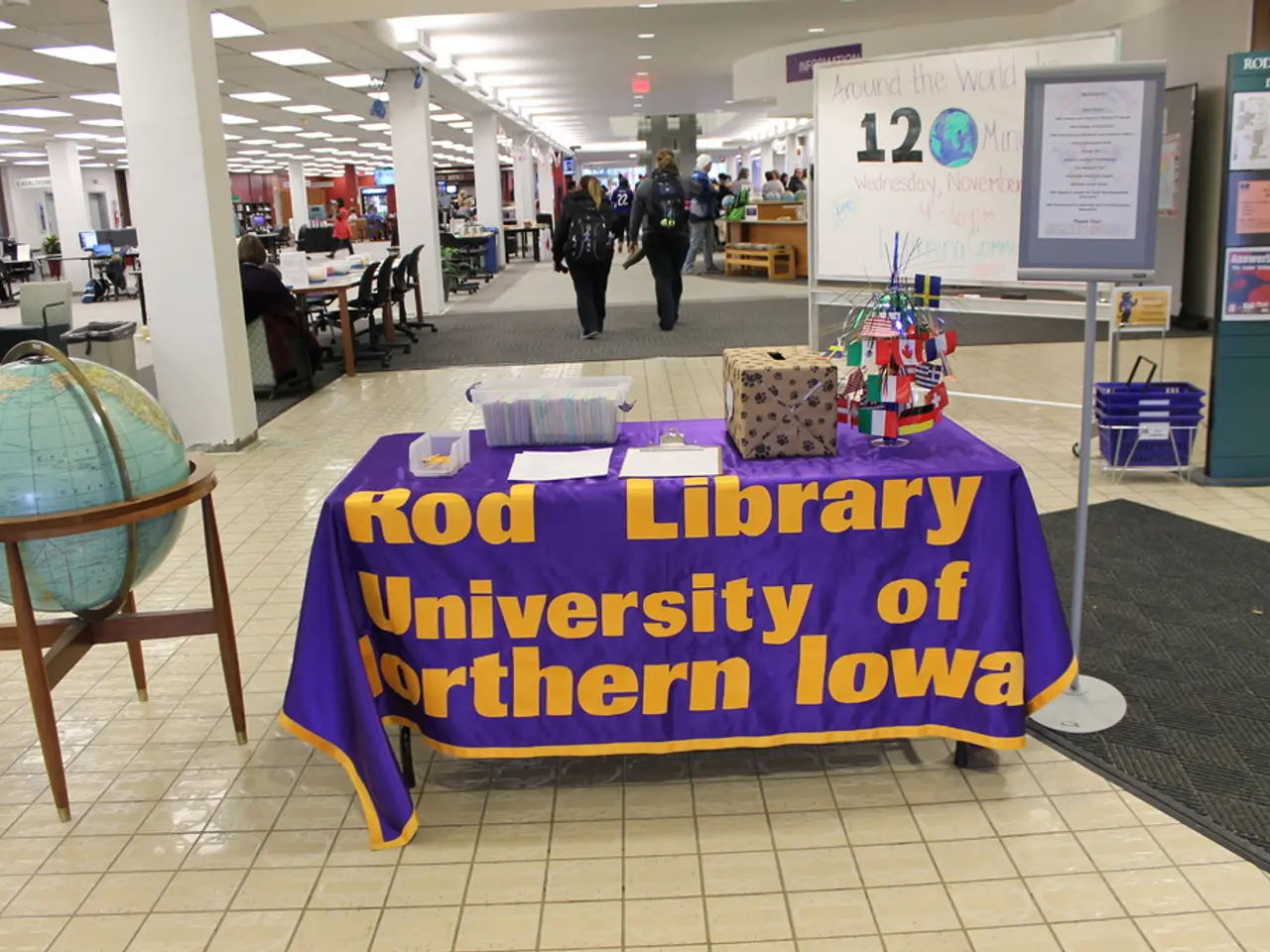International prospects and potential obstacles for foreign medical practitioners
In the heart of Bavaria, the City of Ingolstadt and Ingolstadt Hospital recently hosted an informative event aimed at migrant women and men with foreign qualifications in the medical field. The three-hour gathering, held at the Ärztehaus am Klinikum, was organised by Andreas Michel, Head of the Health Region Plus Business Office at the Health Department, Barbara Blumenwitz, Integration Guide at the Social Affairs Office, and Ingolstadt Hospital.
Linda Qasem, MiMi coordinator at the Netzwerk für Arbeit und Sozialbelange (NefAS e.V.), discussed the intricacies of Germany's healthcare system, while Dr. Monika Harsch, Project Management Medicine, provided a tour of the hospital. The event was a testament to the organisers' commitment to facilitating the integration of foreign doctors and medical professionals into the healthcare system.
Both Dr. Andreas Tiete, CEO of Medicine, Nursing, and Information Technology, Medical Director, Ingolstadt Hospital, and Milosh Gjelikj, a doctor working in the emergency room, highlighted the importance of integrating international professionals for the hospital. They emphasised the benefits of multilingualism in treatment and the crucial role foreign medical professionals play in healthcare.
Dr. Stephan Steger, Director of the Clinic for Acute and Emergency Medicine, and Prof. Dr. Hans-Georg Palm, Director of the Center for Orthopädie and Trauma Surgery, were available for questions, offering practical tips from the hospital's perspective. The event aimed to present perspectives and development opportunities, support professional integration, and strengthen ties to the region.
Participants were volunteers for the Sanitätsdienst through Ingolstädter Hilfsorganisationen as part of the "Dein Einsatz" project. This project, while specific details remain unclear, typically supports integration through language training, cultural orientation, and professional qualification recognition tailored for foreign healthcare workers. It may also provide mentorship, practical training in local healthcare settings, and networking opportunities to help these professionals navigate regulatory requirements and workplace expectations in Germany.
Exchanging experiences with already active international professionals and networking can provide valuable support in overcoming challenges and facilitating integration into the healthcare system. The event in Ingolstadt serves as a shining example of the positive impact such initiatives can have, paving the way for a more diverse and inclusive healthcare landscape in Germany.
For those seeking detailed, project-specific information about "Dein Einsatz," it is recommended to consult official sources such as local health authorities in Ingolstadt, project websites, or contacting organizing institutions directly. The path to working as a doctor or medical professional in Germany may be long and complex, but events like these are making it a little less daunting for international medical professionals.
- The event in Ingolstadt highlighted the importance of integrating foreign medical professionals into the healthcare system, emphasizing the benefits of multilingualism in treatment and the crucial role they play in health-and-wellness.
- Participants of the "Dein Einsatz" project, a program specifically designed for foreign healthcare workers, were able to network with already active international professionals, facilitating their integration into the medical-conditions sector and offering support in overcoming challenges.




